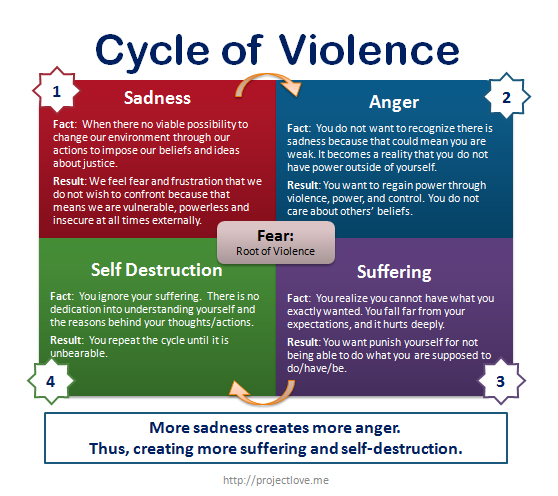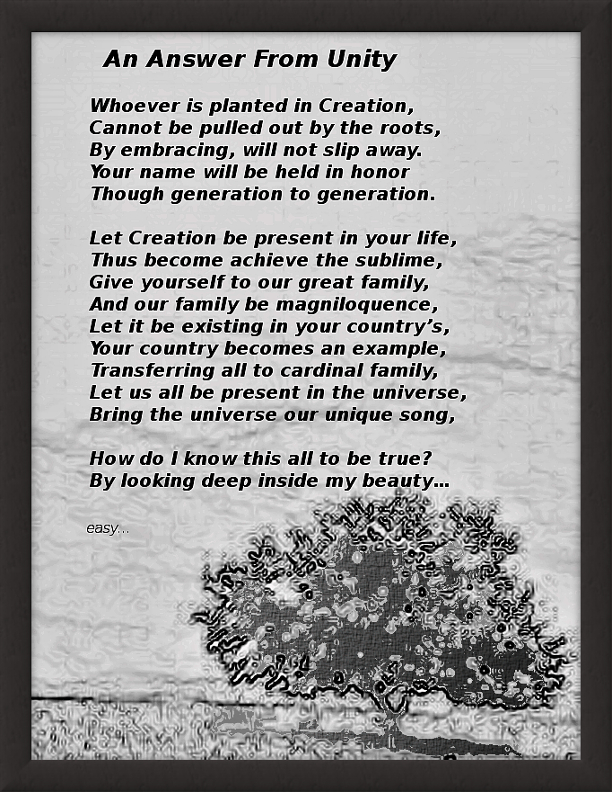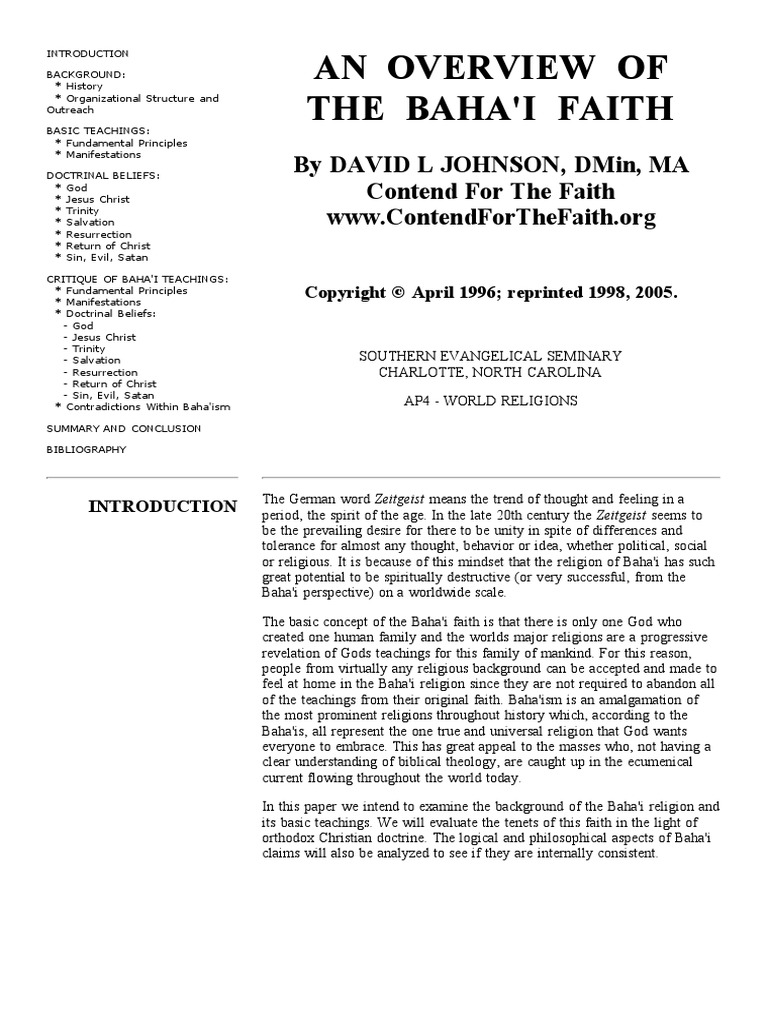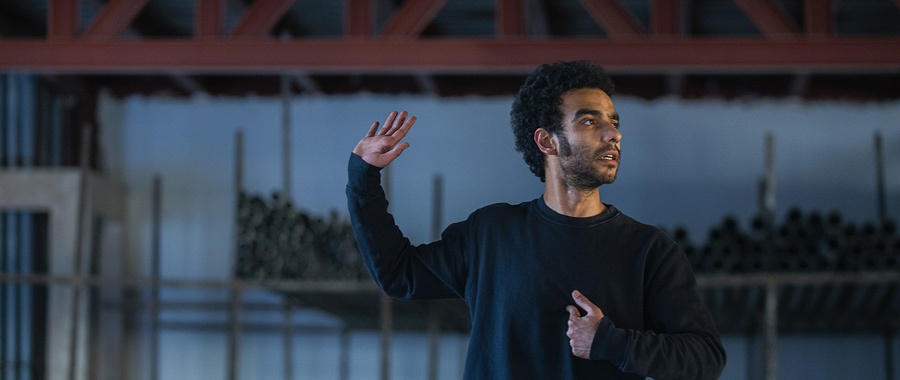Where Does Violence Come From? A Baha’i’s Answer
In exploring the Bahá’í perspective on the origins of violence, it becomes imperative to consider the multi-faceted nature of this phenomenon. Violence does not emerge in a vacuum; rather, it is an intricate interplay of sociocultural, psychological, and spiritual factors. This article delineates the Bahá’í teachings relating to the roots of violence and posits an … Read more









